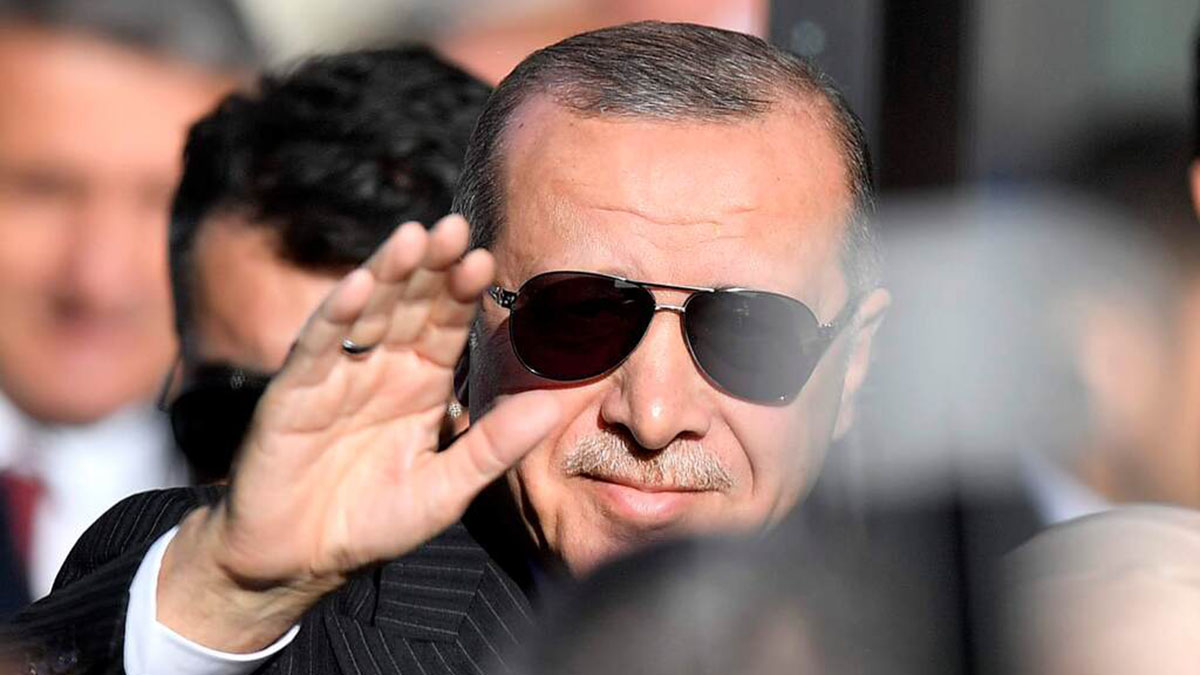In recent years, Turkey’s economy has been in tumultuous waters, mirroring the uncertainties and inconsistencies plaguing its political landscape. The economic policies championed by President Recep Tayyip Erdogan, dubbed “Erdogan-omics,” have come under intense scrutiny as the nation grapples with soaring inflation rates and a plummeting currency value.
Inflation nightmare
Turkish consumers are bearing the brunt of the country’s economic downturn, as evidenced by the staggering inflation figures released recently. Inflation has skyrocketed to unprecedented levels, with Turkish consumer prices surging by a staggering 67 per cent. This surge surpasses even the most pessimistic forecasts exacerbating the financial strain on ordinary citizens.
A closer examination reveals the widespread impact of inflation across various sectors of the economy. Essential expenditures such as education, healthcare, transportation, and hospitality have all witnessed alarming spikes in prices. Education costs have surged by 91 per cent, while health expenses and transportation costs have risen by 81 per cent and 78 per cent, respectively. Even hospitality services have seen a staggering increase of nearly 95%, leaving no aspect of daily life untouched by the economic crisis.
Lira’s freefall
At the heart of Turkey’s economic woes lies the dramatic depreciation of its currency, the lira. Over the past year alone, the lira has lost a staggering 40 per cent of its value, and over the last five years, its value has plummetted by a staggering 82 per cent. This freefall in currency value has further fueled inflationary pressures, compounding the challenges faced by Turkish consumers and businesses alike.
Central to Turkey’s economic predicament is President Erdogan’s unorthodox approach to monetary policy. Erdogan’s aversion to interest rate hikes, which he deems “un-Islamic,” has hindered the central bank’s ability to combat inflation effectively. Despite initial resistance, Erdogan eventually succumbed to pressure and authorised a series of interest rate hikes, culminating in a cumulative increase of 3,650 basis points since May 2023. However, the central bank’s recent decision to halt further rate hikes raises questions about the government’s commitment to tackling inflation head-on.
Impact Shorts
More ShortsPolitical calculations and economic fallout
Erdogan’s economic policies cannot be divorced from the political context in which they operate. With local elections looming on the horizon, Erdogan is under pressure to deliver tangible economic results to shore up support for his party. However, his penchant for prioritising short-term political gains over long-term economic stability has only exacerbated Turkey’s economic woes. The erratic nature of Erdogan’s policies has eroded investor confidence, leading to a significant decline in foreign investment in Turkey.
Against the backdrop of economic turmoil, Turkey has embarked on a massive military spending spree, allocating a staggering $40 billion to defence expenditures. This sharp increase in military spending reflects Erdogan’s aspirations for Turkey to assert itself as a regional power player. However, critics argue that such lavish spending on defence comes at the expense of addressing pressing economic concerns and exacerbates the country’s financial woes.
As Turkey grapples with the fallout of Erdogan’s economic mismanagement, the path forward remains fraught with uncertainty. The country finds itself at a crossroads, torn between competing political ideologies and economic imperatives. Erdogan’s obsession with consolidating power and projecting strength on the international stage has come at a steep cost, plunging Turkey into a state of financial, political, and religious ambiguity. Only by embracing sound economic principles and prioritising the welfare of its citizens can Turkey hope to navigate these turbulent waters and emerge stronger on the other side.
Views expressed in the above piece are personal and solely that of the author. They do not necessarily reflect Firstpost’s views.


)

)
)
)
)
)
)
)
)



